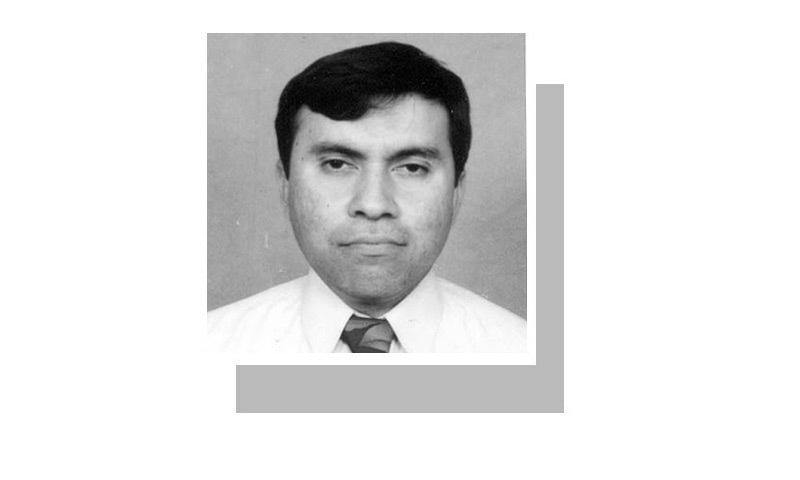
THE Supreme Court of Pakistan recently directed Sindh’s chief secretary to ensure Karachi’s cleanliness following the impact of the recent rains on urban infrastructure. Many older neighbourhoods, public spaces and markets are still submerged. Visits to Malir, Landhi, Korangi, Orangi, Baldia and Shah Faisal Colony show a dismal picture of the absence of urban management in the city.
Only recently, the provincial and local administrations announced new budgets with various proposed ‘packages’ for Karachi. But experiences from cities across the globe demonstrate that managing public works, infrastructure and emergencies is an ongoing exercise that cannot be glamorised in the form of so-called packages and ribbon-cutting photo ops. Cities’ administrations manage these affairs through trained municipal staff that labour round the clock, and possess the capacity to spring into action when natural or man-made disasters strike.
Karachi inherited capable urban management institutions. The city had a municipality as early as 1852 that looked after sanitation, health and routine urban management functions. The commissioner system was a colonial legacy that remained even after independence. The commissioners were responsible for maintaining law and order, with the police force under their control, and also controlled land revenue collection and general administration and development works. In cases of emergencies and disasters, they acted as focal persons.
The Public Works Department, port authorities, industrial estates, utility agencies and local land management authorities were other types of institutions that ran the city as per evolving challenges. There are several reasons why their cumulative efforts (assuming there are any) fail to manage the city.
City woes can only be redressed through collective management.
The city is an integrated space; it cannot function or be managed in compartments. There is a growing disconnect between various tiers of government, citizens and non-governmental stakeholders. Each official wishes to take credit for functions he/she has only marginally performed. The Sindh government craves accolades for rehabilitating some of Karachi’s streets while ignoring most; the city’s mayor goes on meet-and-greet tours but fails to mobilise the municipal workforce; the chief of the water utility ‘inspects’ sites where water is stolen from but won’t propose a permanent solution.
While urban management problems are complex, some headway can be made through basic actions. One action, conspicuous by its absence, is for local and provincial functionaries to sit at the same table, review analyses provided by their technical staff and devise solutions through collaborative efforts. The provincial government must develop this consultation platform for managing Karachi. Urban problems need to be inventoried and mapped to articulate the scale and nature of these issues.
A series of maps and profiles must be prepared and made public to inform about the dimensions of streets, natural drains, riverbanks and thresholds for legal construction, spaces and alignments from where water and sewerage lines are passing, conduit networks for power and gas, inlet points for letting the rainwater pass into designated drains and directions of storm-water flow.
Boundaries and locations where construction is prohibited — including parks, greenbelts and road-shoulder spaces — must be demarcated and made public.
The KMC, KWSB and other civic agencies must build the capacity of their maintenance and repair workshops to address the issues through departmental actions. For example, a road repair programme can be initiated by surveying their current status and then preparing an outline of actions, expenditures and schedules. Small- and medium-scale repairs must be managed though departmental teams while only major repairs should be contracted out.
Vehicles will soon surpass the roads’ carrying capacity; regulatory checks must be applied as a key management prerequisite. We must learn from Hanoi, which recently banned motorcycles within city limits until 2030 to ease congestion.
Karachi needs several other management and maintenance initiatives without delay. For interim storage and final disposal of municipal solid waste, sanitary landfill sites along the city’s eastern, western and southern edges are a key requirement. The planning and design of these facilities has been done many times; KMC would do well to dust off those dossiers and update the technical requirements according to present waste trails.
Swift completion of the Green Line Bus Transit, encouraging more public buses on major arteries, revitalisation of circular railways, conservation and complete cleaning of Malir and Lyari rivers to their original widths and depths and demarcation of urban boundaries to shore up service delivery are all urgently needed.
The writer is chairman, Department of Architecture & Planning, NED University, Karachi.
Published in Dawn, July 21st, 2017










































